Minimalism has become trendy, even though it’s a concept that has been around for centuries.
It’s all over mainstream media, Netflix documentaries, and it’s used across various industries, including fashion, design, food, technology, beauty, housing, and more.
But when the hype-dust settles, what is a minimalist lifestyle?
Minimalism has traditionally been linked to art and design concepts. But the terminology has grown to mean much more than that.
A minimalist lifestyle is the process of identifying what is essential in your life and having the courage to eliminate the rest. When you remove the unnecessary, you free up your time and capacity to focus on the things that truly matter in your life. Less is more.
Our modern lives are far from minimalist—perhaps maximalist or mediumist?
With so many distractions around us, we often find it challenging to create time and space to enjoy the simple things in life, like spending time with our loved ones, exercising, getting creative, cooking, or just doing nothing.
We’re too busy being overwhelmed by physical, digital, and mental clutter, leading to increased anxiety and an overall sense of dissatisfaction.
This isn’t just my opinion. Scientific evidence suggests that clutter elevates cortisol levels and disrupts focus.
Minimalism is an antidote to that state of overload.
That’s the general overview of a minimalist lifestyle, but there’s so much more to this concept.
In the rest of this article, I will break down the minimalist mindset, the misconceptions of minimalism before wrapping up with some different definitions of minimalist living.
The life-changing benefits of having a minimalist mindset (including some examples)
“More” is what we’re up against as a society. This constant desire for more is something we call “The More Virus”.
We often associate more with status, security, comfort and control. But the more you externally desire, the further you get away from yourself, and the more you have to lose.
Instead of thinking more will make you feel better, minimalism helps you to go small instead.
When you’re small, you can go deep with what you already have.
When you’re small, you’re more nimble, agile and responsive to change.
When you’re small, you have fewer responsibilities and commitments, which frees you up to have richer experiences with less pressure.
When you’re small, you’re limited by constraints, creating opportunities to innovate and have breakthroughs.
When you’re small, you can take more risks.
Small is beautiful.
When you’re big, on the other hand, you have dead weight and can’t move as quickly as you would like.
When you’re big, you have to make more decisions.
When you’re big, you have less opportunity to change.
When you’re big, you have more to lose.
Being small and staying small is an art. It involves fighting social pressures and advertising to maintain your liberty. It means being content with less. It also means being confident in what you already have. This is the minimalist mindset.
Here are some case studies of people who have mastered the art of small and are much better because of it.
Suggested Read => Minimalism Books for Minimalist Lifestyle
More money, more problems
Colin Wright, the founder of Exile Lifestyle, ran a branding studio in LA, earning $150,000 per year. Even then, he was offered a more lucrative salary by another company. But instead of doing what most of us would do and chase the big dollars, Colin made a drastic lifestyle change and became a self-published author.
This new career path enabled him to live in a different country every four months and comfortably support himself off as little as $30,000 per year. He now has more happiness and freedom than he had when earning five times as much as he is now.
No car, no problem
Leo Babauta, his wife, and six children went small and ditched their family van. When they moved cities, they intentionally bought a house that was close to public transport. The family of eight take the bus, train, ride and walk everywhere. They were saving money and improving their health at the same time. Furthermore, a car-less life creates more experiences.
“Walking is amazing. It costs nothing, and yet you get fresh air, see people, see nature, see stores and restaurants and houses and plants you would never have in a car. You get in great shape. My little four-year-old can walk for miles and sing while doing it. She runs up hills. – Leo Babauta, Zen Habits
Downsize your house and your life
Joshua Becker and his family were living the American Dream. They just bought a two-story 2200sq house to live out their lives. However, as Joshua adopted a minimalist mindset, three years later, they managed to buy a house half the size and halved their mortgage payments along the way. Beyond saving money, they’ve saved time up-keeping a larger property.
Read more: How To Be a Minimalist Family (Including Case Studies)
Our experience
In addition to these examples, my wife Masa and I have also experienced the incredible benefits of going small. Minimalism has helped us downsize our lives, clear our debts, go vegan, and pursue our dream careers as content creators.
We escaped “The More Virus” by embracing the minimalist mindset.
Eight misconceptions of a minimalist lifestyle
While going small and breaking out of “The More Virus” sounds terrific, many of us still doubt a minimalist lifestyle.
Some folks believe minimalism is a weird religious cult, while others think it’s too extreme.
These are valid concerns, and it’s why we’ve put together a list of common misconceptions of minimalism to help put your mind at ease.
1. Minimalism means throwing everything out
Nothing is gained by throwing everything out.
Minimalism is more about learning what matters to you than just chucking your life into the trash. It’s about rediscovering your favourite hobbies and interests and engaging with people who uplift you. It’s about letting go of things that bring you stress.
Minimalists don’t throw everything out. That would be impractical. It’s also not environmentally friendly to generate so much waste. Do you know what we can throw into the bin? This myth.
2. Minimalists don’t buy new things
I’ve been a minimalist for many years, and I still buy new and second-hand things.
My wife and I buy all sorts of things. But what makes this process different for minimalists is that we are generally replacing, not adding, stuff we already own.
And you know what? Sometimes we do buy new things that make us happy. What we don’t do is buy impulsively without careful consideration.
3. Minimalism happens overnight…or must take time
Minimalism occurs differently for everyone. No two people will approach it the same way, so it’s silly to say “it’s going to happen overnight” or “don’t shock your system—take it slow.”
We’re all different. We need to forge our path to a minimalist lifestyle. We also need time to adjust to a new way of life, and that period may be longer or shorter depending on your situation.
We’ve found that the gradual transformation from scattered, overwhelmed and chaotic, to clear, purposeful living is the most exciting part of the minimalist experience.
4. Minimalism is a number
Perhaps you’ve noticed extreme minimalists who own less than 50 things and sleep on the floor. This trend has contributed to the idea that minimalism is about a number. The person who owns the least amount of items wins.
It’s a competition within the community. In some cases, people are made to feel shame for owning too many things.
This needs to stop.
Minimalism isn’t about numbers. It’s about what makes you feel productive and happy. If you own more than 100 things, so what?
Again, your approach to a minimalist lifestyle is dependent on your personality. Some are motivated by numbers, while others feel inspired by aesthetics or a feeling.
As long as you’re confident that what you own is essential (be honest) and brings you fulfilment, your perspective of this mindset is working well for you.
5. Minimalists are emotionless robots
From the outside looking in, it can seem a little cold how easily minimalists can discard things that were once sentimental in their lives. It’s for this reason that minimalists are perceived to be detached or unemotional.
However, most minimalists I know are sentimental. We just keep memories alive through photos and journal entries rather than physical souvenirs.
Treasuring a memory doesn’t mean we need to keep the material things that give us that memory. Those emotions live within us, and that’s something that the loss of an item can’t take from us.
6. A minimalist lifestyle is unsustainable
Some people believe minimalism is temporary and unsustainable. Like it’s just some phase that we’ll eventually get over.
Minimalism is a mindset, not a hack. If you treat it like a hack, it won’t mean enough to keep going.
However, if you feel minimalism’s benefits, it won’t matter who you live with, your work environment, becoming a parent, moving cities; the principles will carry on with you.
Suggested Read => Modern Minimalist Bookshelf Ideas
7. Minimalists have no style
Culturally we often associate style with having more options, being more extravagant and flamboyant. If these things matter to you, there’s no need to give that up as a minimalist.
While it’s true that the minimalist aesthetic is focused on simplicity, it doesn’t mean that’s how everyone should be. As long as everything you possess has a clear purpose, go nuts.
A common trait I’ve found in minimalists is that they don’t follow fashion or home decor trends. They don’t react to mainstream recommendations and instead focus on timeless pieces.
When someone says that minimalists have no style, what they’re really saying is that they do not see a style they recognise and can immediately relate to.
8. Minimalism is about deprivation
When assessing the real value of a minimalist lifestyle, I think we get it wrong. Minimalist experts have long preached that minimalism is an approach to want and do less.
In our view, minimalism is an approach to want and do more.
This paradigm was sparked in a conversation we had with Joshua Becker of Becoming Minimalist. By pairing down our schedules, commitments, toxic relationships, and things, we free up our capacity to dream, play and be of service.
We create white space to think about what we want out of life. More importantly, we create pockets of time to take action. In the end, minimalism is about adding more than it is about subtraction.
Other definitions of a minimalist lifestyle
So far, we’ve just talked about our interpretation of minimalism.
However, it’s always good to get multiple perspectives on a philosophy—so we’ve put together some additional definitions of minimalism from voices in this area.
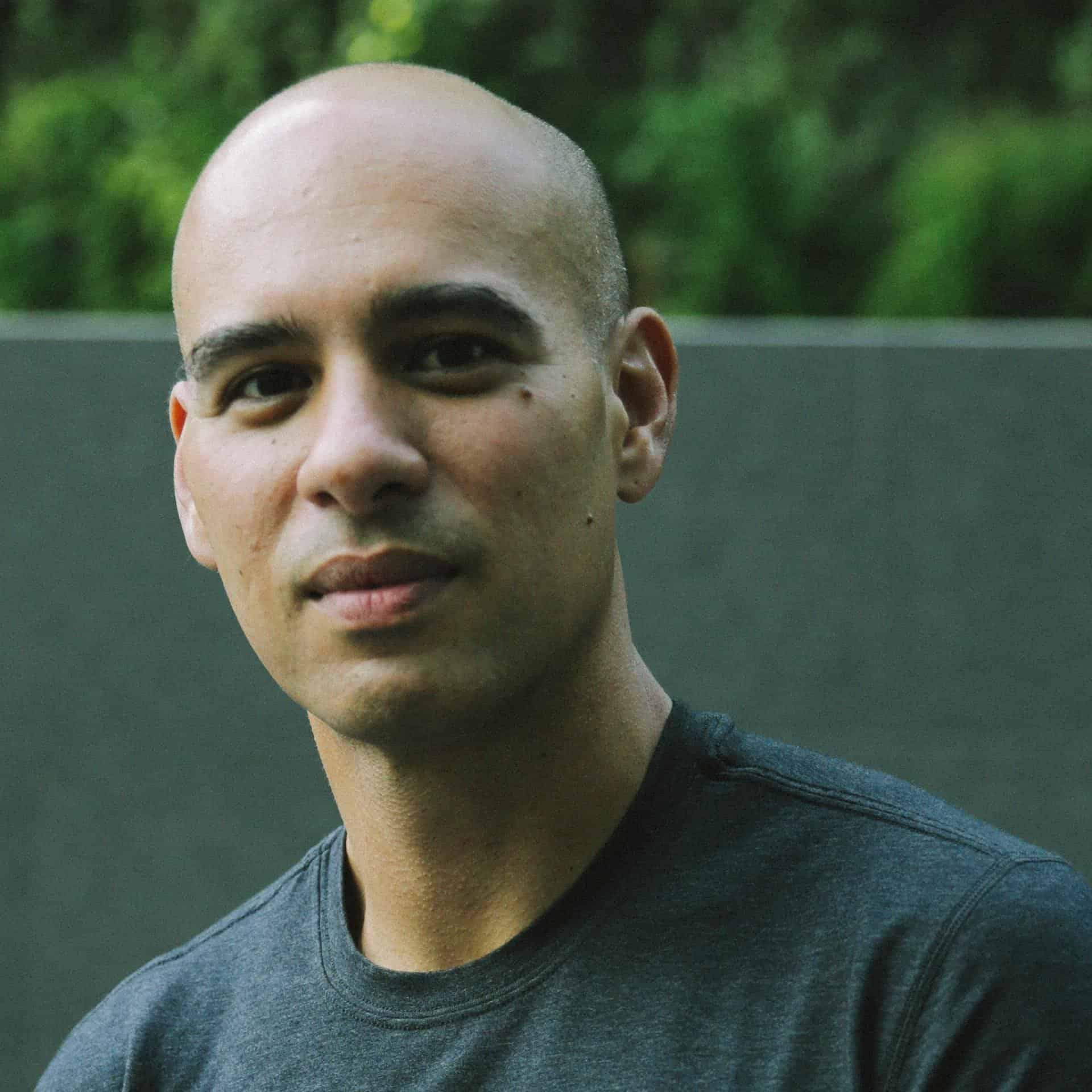
Leo Babuata, founder of Zen Habits
“It’s basically an extension of simplicity – not only do you take things from complex to simple, but you try to get rid of anything that’s unnecessary. All but the essential.”
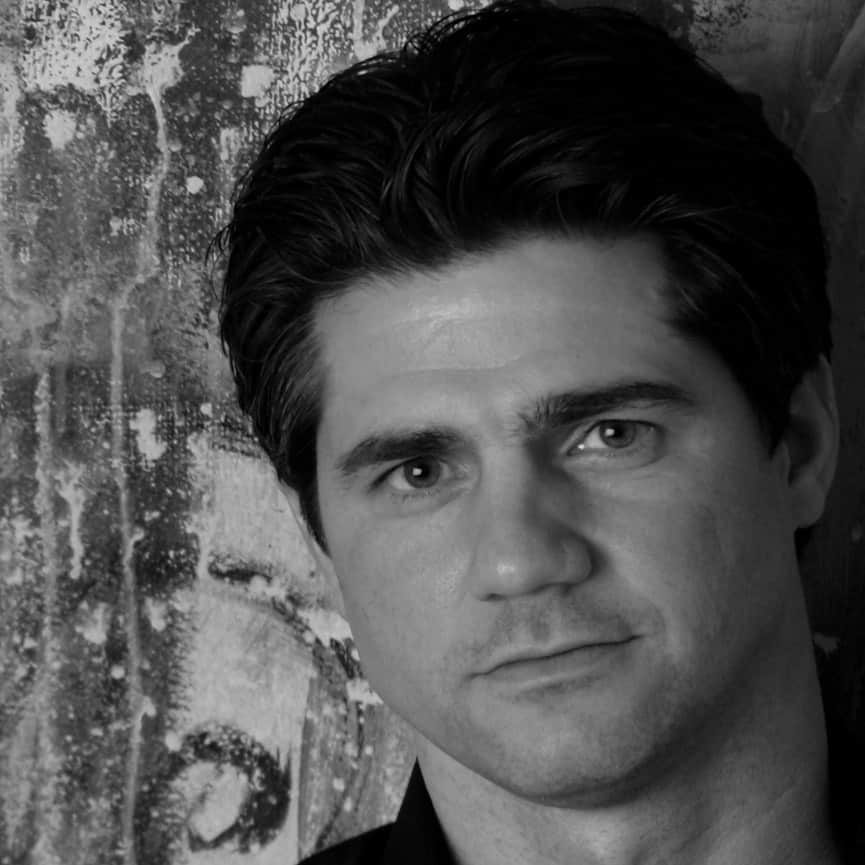
Joshua Becker, founder of Becoming Minimalist
“It is marked by clarity, purpose, and intentionality. At its core, minimalism is the intentional promotion of the things we most value and the removal of everything that distracts us from it. It is a life that forces intentionality. And as a result, it forces improvements in almost all aspects of your life.”
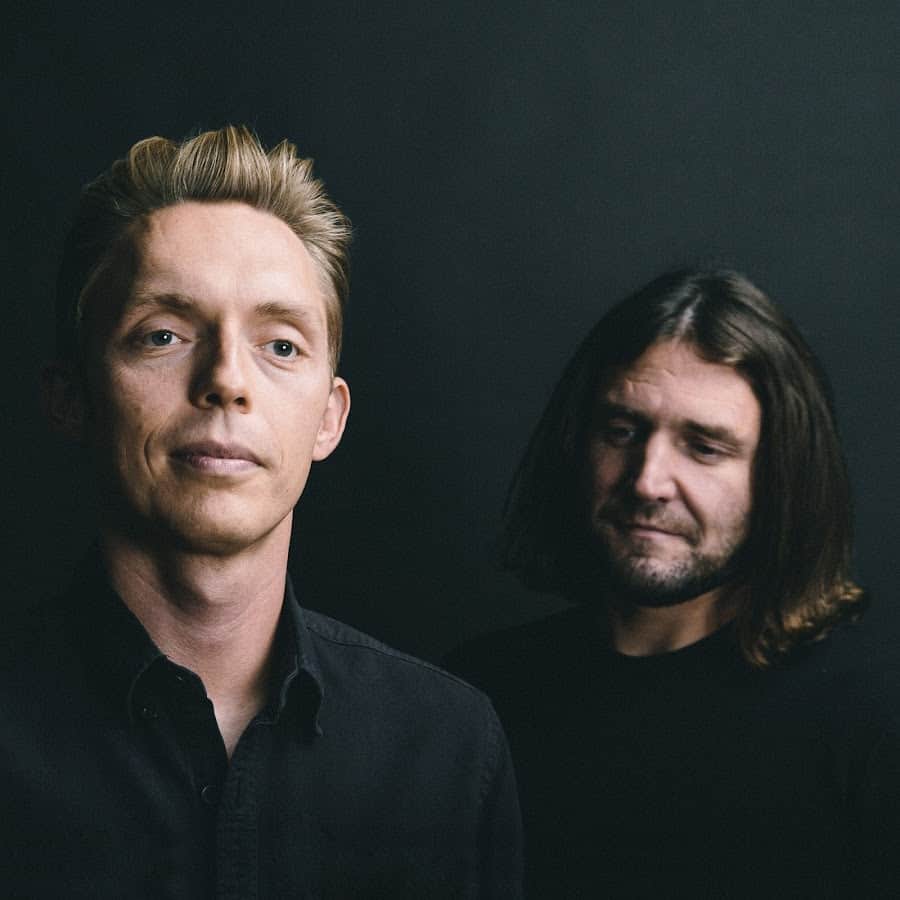
Joshua Fields Millburn & Ryan Nicodemus, founders of The Minimalists
“Minimalism is a tool used to rid yourself of life’s excess in favor of focusing on what’s important so you can find happiness, fulfillment, and freedom.”
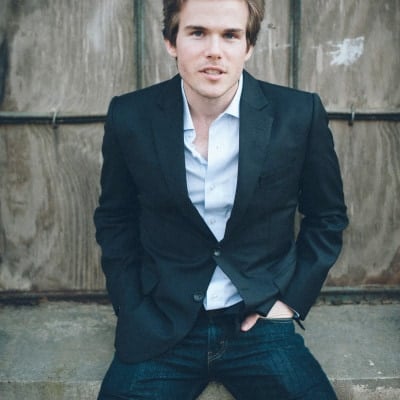
Colin Wright, founder of Exile Lifestyle
“What Minimalism is really all about is the reassessment of your priorities so that you can strip away the excess stuff – the possessions and ideas and relationships and activities – that don’t bring value to your life.”
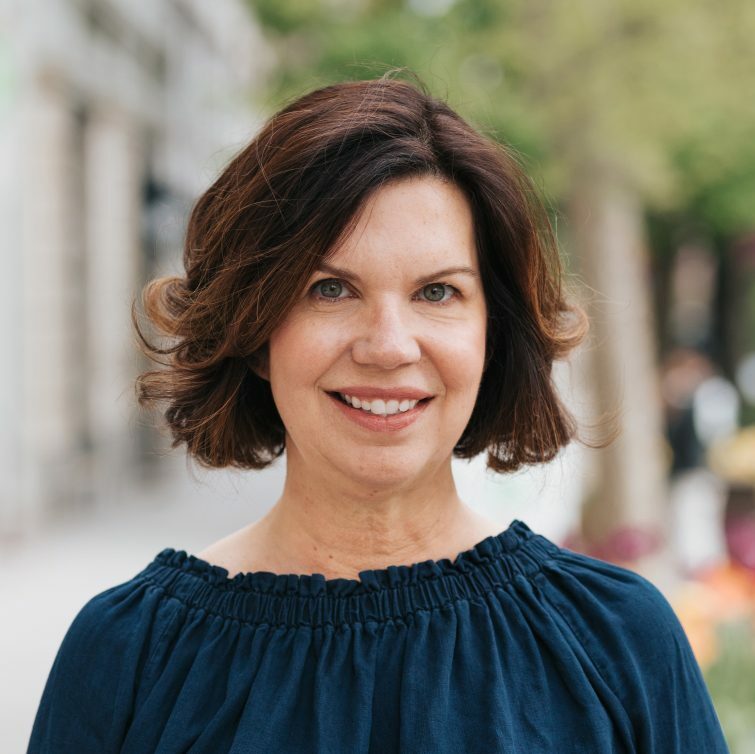
Courtney Carver, founder of Be More With Less
“What starts out as an external journey (giving things away, cutting the cable) becomes very personal, intentional and more meaningful. You start to think of “stuff” as not just things but obligation, debt and stress. Then you see how this “stuff” is getting in the way of your LIFE and decide to make a bigger change. It’s at this point that minimalism becomes more about who you are instead of what you have.”
What is a minimalist lifestyle to you?
Hopefully, by now, you have a clearer understanding of what minimalism is and how you can apply it to your life.
We would love for you to share your personal experiences of living with intention in the comments below. More specifically, do you practice minimalism? If so, how have you applied it?

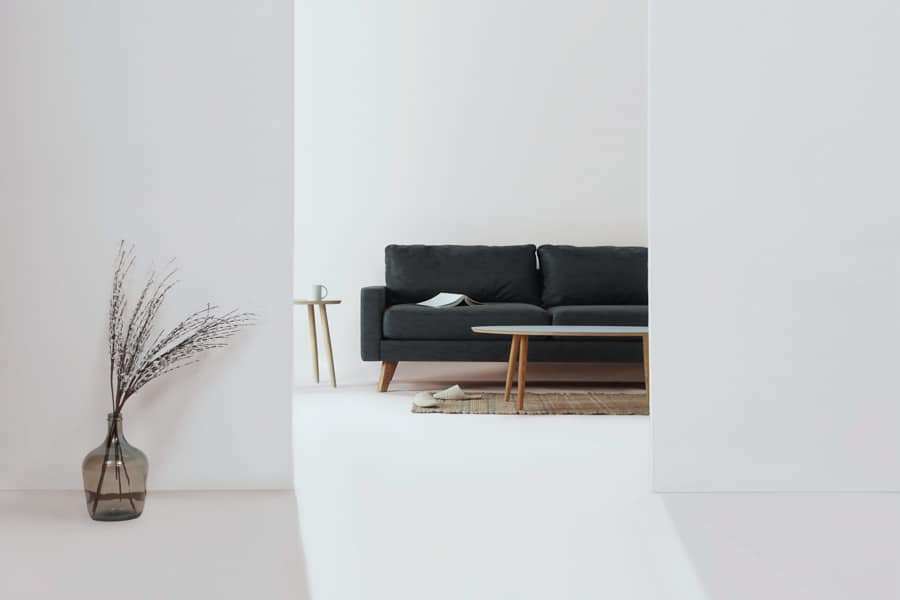
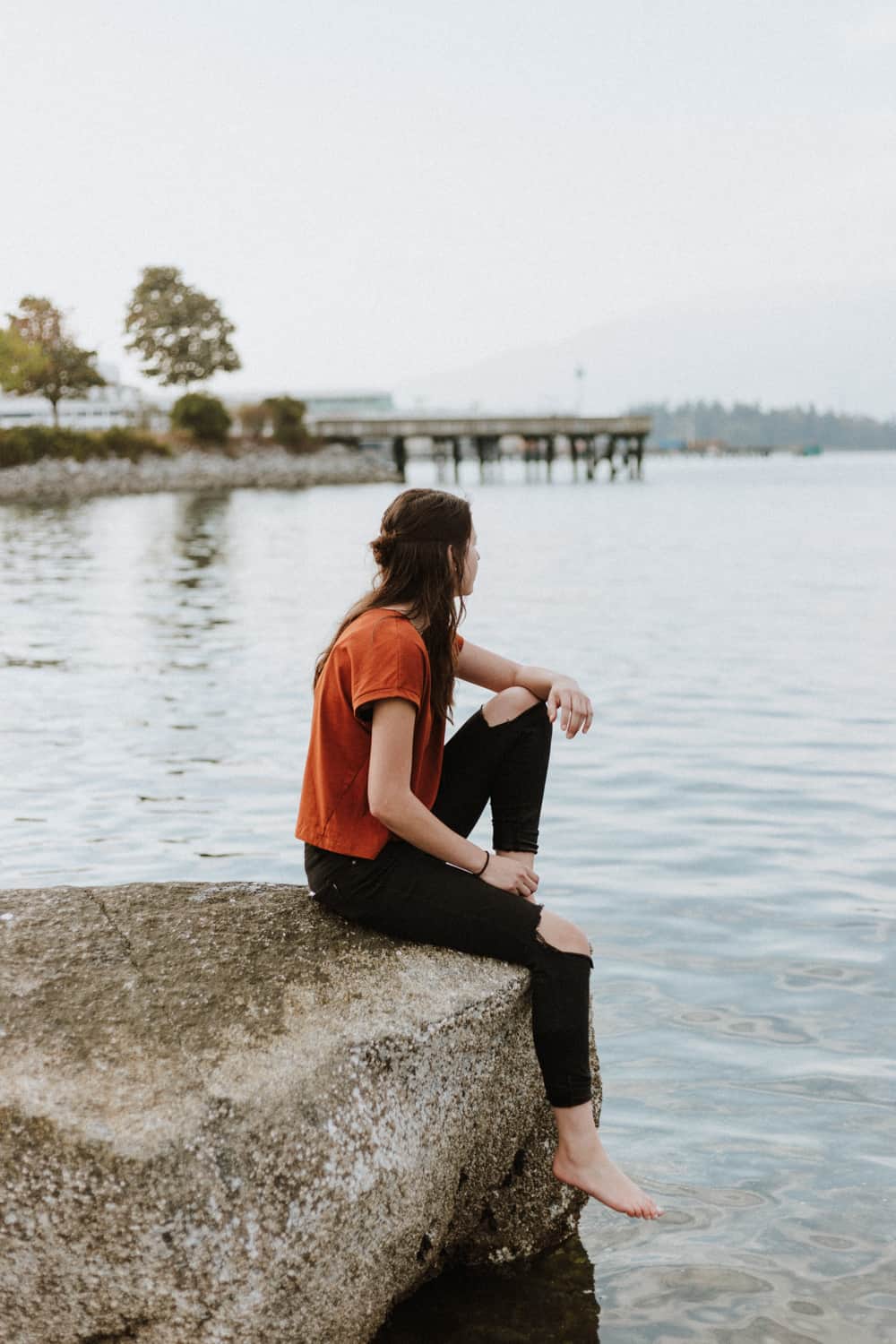
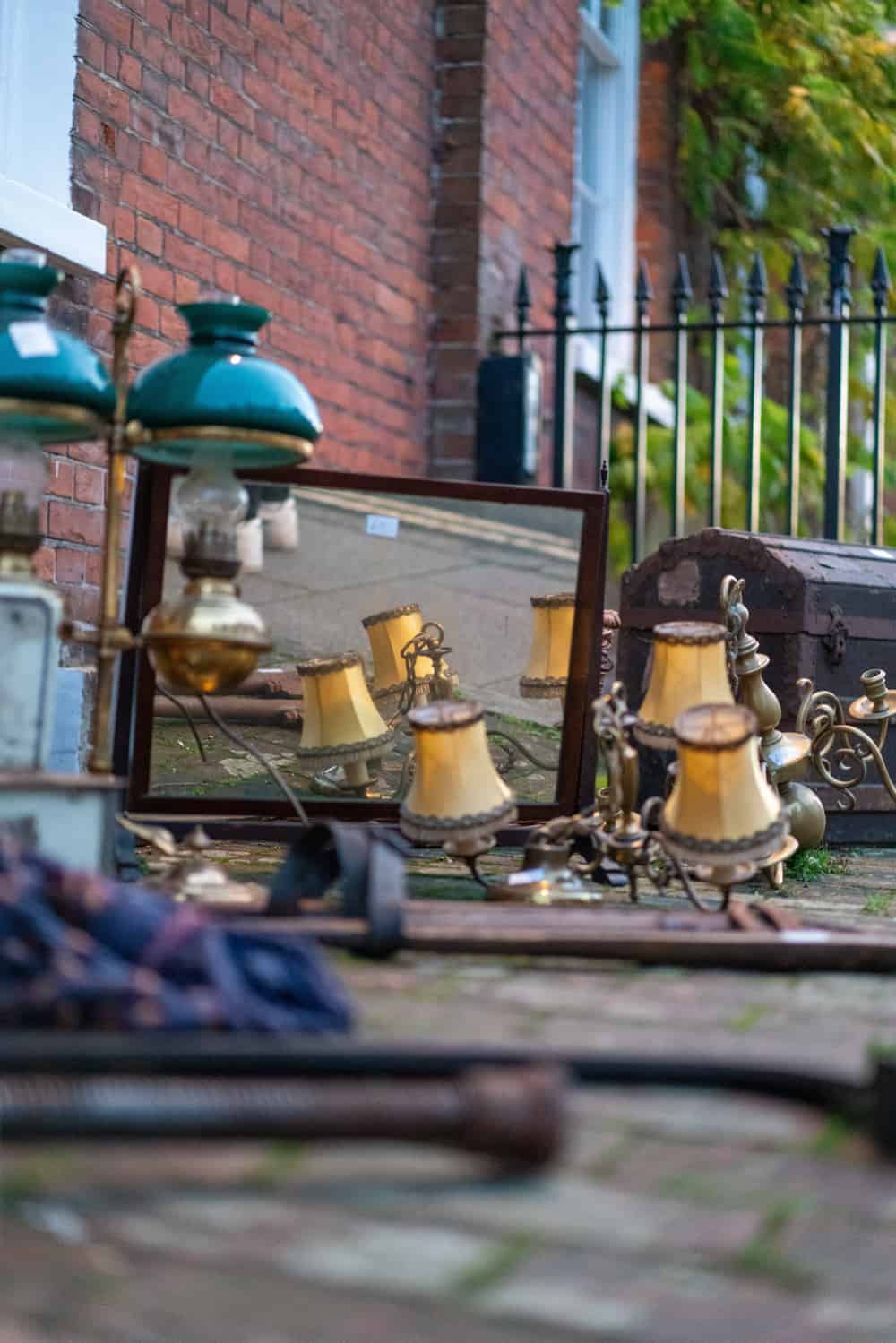
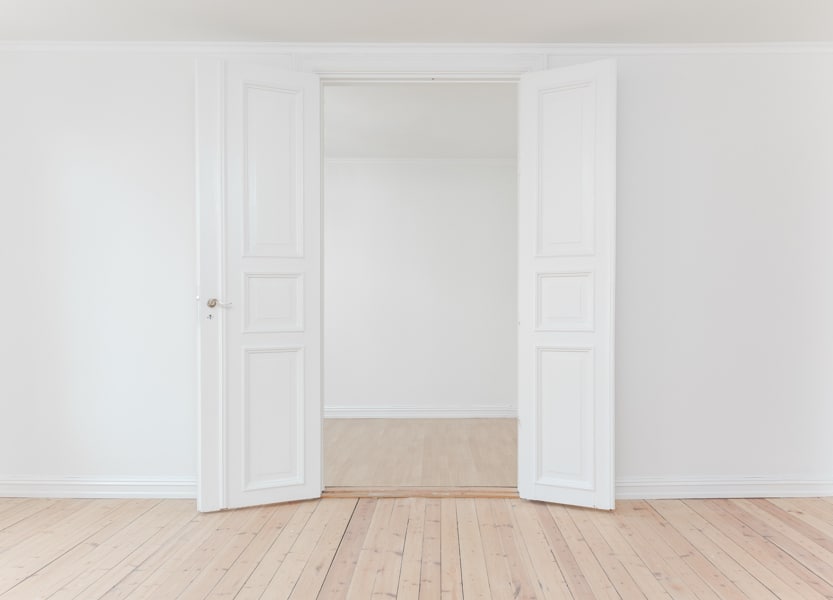
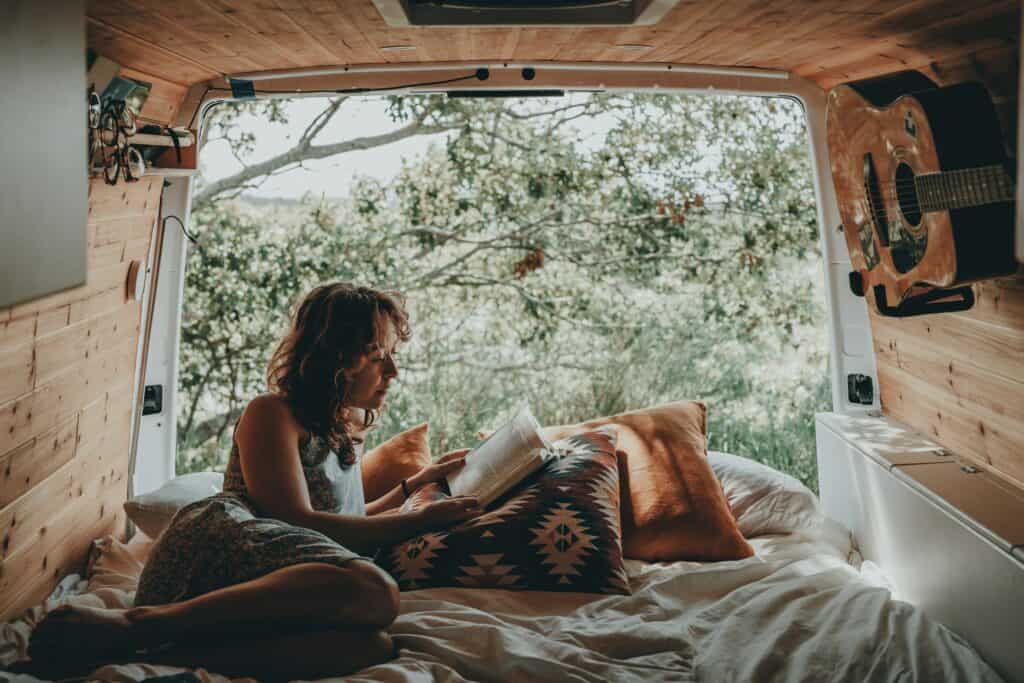
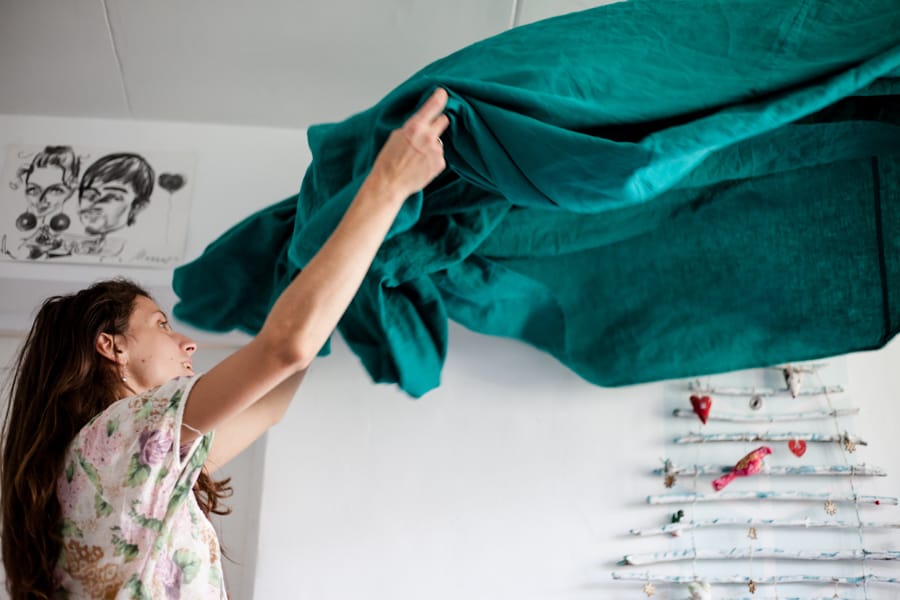
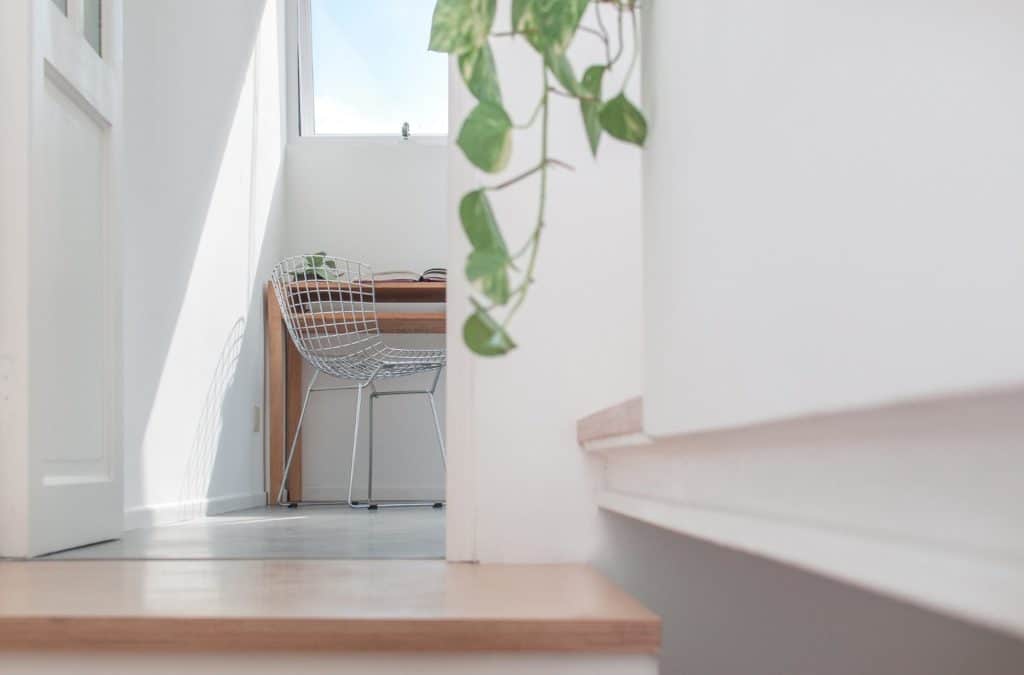
great
good luck
hello. My name is Yevgeniy. i am from Kazakstan. Can i use you articles for free, in my telegramm?
i would translate on russian, if you say yes.
Hi
Using content is not permitted in any language due to copyright and search engine rules.
This is truly amazing!
Reading this article I figured out what my lifestyle is ..definitely a minimalist. I fell into it naturally after getting divorced.. then retiring. Instead of buying another house I live in a small economical apartment, own a small economical car but am able to afford travel with friends or family which is what I really enjoy and taking care of my my pets ,along with doing some animal rescue work. I also like photography so the lifestyle is very doable. It just takes some focus (decent credit helps) and detaching from “expensive things”.
.also my family is raised and im a single person.
Nice topic thank you.
I loved this content. Thanks for creating it.
I have started a minimalist lifestyle by moving into a house less than 1,000 square feet. My goal is to eventually cut our footprint into half of that. I know for sure we can live with less space, because we don’t use it all now. I think 500-600 square feet is smaller, but not unreasonable. For as much as we are never home and are at work…I’ve also gotten rid of cable. I absolutely love antenna tv!! Where have I been?!?
Looks like a fun place to visit and stay.
I am truly thankful to the owner of this web site who has shared this fantastic piece of writing at at this place.
I really like reading through a post that can make men and women think. Also, thank you for allowing me to comment!
Hello🌹🌹
It was very useful👌🏾
Minimalism society +1
I started vegetarianism two years ago. I have been vegetarian since I was 19 years old.
Fortunately, Iran is a very good country and many herbal products can be found there
With vegetarianism and calisthenics, my body has become better and more beautiful and I have lost twenty kilos and now I am 80 kilos of pure muscle!
My minimalist lifestyle includes food, working hours, etc. I don’t work more than six hours a day, I go mountain climbing every day, I use raw foods, fruits, vegetables, and steamed beans, I don’t fry food at all I don’t and…
Thank you very much for your good site. May you always win and be successful. Of course, be minimalistic and vegetarian too 😀😁🌹💐
I just ran into your page and it gives me added perspective about giving fruition to this vision of mine just into me about going minimalist full steam the balance years of my living life. Life cannot be into never-ending “mores”. You are sort of enslaved when a more palatable lifestyle great into Living and Life is within one’s grasp. The move to be Minimalist for me will start now – first low-key revving up as time goes by identifying things whose absence henceforth will make an impact for a more happy and wholesome personality – a life bent on pure total bliss going forward.
Great post and interesting how the application can be different for many people, yet the underlying values are the same. The examples you gave may seem minimalist to those who made those changes, yet to most people in the world earning $30k annually, having access to public transport, safely being able to walk where you need to go, and even buying a shoe-box size house are absolute luxuries. They are all very admirable, it’s just very interesting how the movement is from a perspective of first-world abundance when even simplistic living is what some could only dream of. Hopefully, in adopting a ‘minimalist’ mindset we can make a difference to those who do not even have our ‘minimal’.
Keep up the great work!
Before, I thought having more wears will help, but by time, these wears eventually gets dirty. Then I realize that it’s not about having more wears but getting cleaned the clothes I wore, before using the rest.
What a nice read, and so well explained. Living the concepts of a minimalist lifestyle myself, I found that it also creates the financial room needed to focus on the things that give me energy and a sense of purpose.
I”m glad you enjoyed the read, Lex. It appears that minimalist living has served you well. Thanks for sharing.
Inspiring to say the least. It is very timely and in line with my life right now. Many thanks for the clarity and guidance it has given me. All the best to you guys! Carry on!
Hey Rebecca, I’m glad you found this post inspiring. It’s certainly a reflective time of the year — all the best on your journey towards living with more clarity 🙂
I agree with you ! Less is more. Thank you for sharing your experience. Love, peace and compassion.
Thanks Nathalie!
love this article ,eye opening. I am vegan trying to go raw vegan . love to read on what is minimalism
thanks for posting
You’re welcome Raj! I admire you for trying to go raw vegan.
This is so true; I can totally relate to accidentally bringing more and more stress into my life. It’s always a challenge to figure out what you truly want to keep, and what you would be ok with removing (especially when it comes to commitments!). But it must be so liberating once you’re there. Thank you for sharing such a meaningful article; I have a feeling it’s going to change my life bit by bit.
Emily, thanks for leaving a comment. You’re right—it is extremely liberating once you start applying minimalism to your life at a practical level. Would love to know how you’ve been progressing with your changes!
Great article! Thanks for sharing your cookbook as well! I started this minimalism journey over 30 years ago but it wasn’t until Leo Babuata’s blog articles kept popping up in social media that it started to take hold (neuro linguistic programming). I ended up backing his crowd-funding campaign for his book, Zen Habits, and with the help of that book and websites like yours, I’ve been able to turn my minimalism experiment into my lifelong journey. I look at my minpin and see how content she is with just a collar, food dish, water bowl, and some toys. I can minimize my things and focus more on what’s important to me too. It took me over 30 years to pare down and unload over 90% of my possessions, so anyone who puts their mind to minimalism can do it too.
Thanks for sharing your story towards minimalism. 30 years is indeed a solid transition, and it just goes to show that we can always simplify. I’m yet to read the Zen Habits book, but I intend to read it on the plane to Europe.
I recently analyzed my life and decided I wanted to enjoy summer just sitting quietly in my garden. I quit quite a few things and feel so much better! This Fall, when my summer job winds down, I plan to move my impossible-to-move-in-office to a larger room of the house and repurpose, redefine a few things and I have to tell I cannot wait! I like my quiet time, alone. I need more of it.
Quiet time is the best Kathy! Glad to hear you’re making the decision to quit commitments so you can spend more time doing things you really enjoy.
Looks awesome Guys, Keep up the great work
Thanks Rich!
This is a very interesting article 🙂
I too describe myself as being a minimalist illustrator and foodie when working 🙂 Simplicity is the best but getting rid of anything superfluous is something we have to work on everyday! and sometimes it can be hard when memories are involved.
Nice blog project you two have, good luck, I’ll be following !
Thanks! It’s great to see that you’re on a similar journey 🙂 Yes, it’s definitely a challenge. But we’re finding that the more we declutter, the more easier it gets.
Love this! Just found your blog. As a vegan blogger journeying towards a simpler life, I will definitely be following you guys. 🙂
It’s crazy how much we accumulate and instead of giving us what we think we want, we just feel weighed down. I’ve enjoyed the process of shedding clutter and feeling so much lighter! Work in progress of course 😉
Hey thanks Meghan! We like the clean design of your website! Happy decluttering 🙂
Wow!
I’ve been talking about this with some friends these days, I need and want to get rid of stuff… Like my TV, cable monthly payments first!
What I’ve done already:
Clothes, ( have already a suitcase full to give away), got rid already of VCR player
Great start Eliana! It looks like you’re on the right path 🙂
Wow. What a great start to your site, Masha and Michael. Especially this article. It’s practical, motivational, vulnerable, and a whole lot more. But “more” of the good stuff, of course. 🙂
Consider me your newest RSS subscriber.
Haha thanks Joel, glad you enjoyed it!
love your website and your proces of following your hearts! I’m a victim of the more-virus 😉 and today was a day that it got the best of me and saw that things need to change.
Thats when i ran into this blog, must be a sign 🙂
Will follow you two on your minimalist journey and blog! Thanks!
Thanks Valesca, yes it must be a sign! Good luck with your more-virus detox 😉
Hi guys! I would like to know more about if/how minimalism can apply to number of people on have in their lives.
Hi Rie, I’m not quite sure what you mean. Are you asking whether minimalism can apply to multiple people in your life?
Should we evaluate people we have in our lives on the same parameters as we do with stuff as per minimalistic point of view? Unlike stuff, there are lot of more emotional elements involved when we talk about keeping people in & out of lives, so how do you view this aspect?
I see. We believe in Jim Rohn’s quote in that “you’re the average of the five people you spend the most time with”. So with that, we try to focus on those top five relationships—meaning we’re intentional about who those people are. Do they have a positive influence and support you, or do they bring you down? Obviously, this can’t always be helped depending on your circumstance, but that’s generally how we apply minimalism to relationships. Over the years, we’ve also learned that it’s healthy to maintain relationships with those with different or even opposing values, as it challenges us to be open to learning new perspectives.